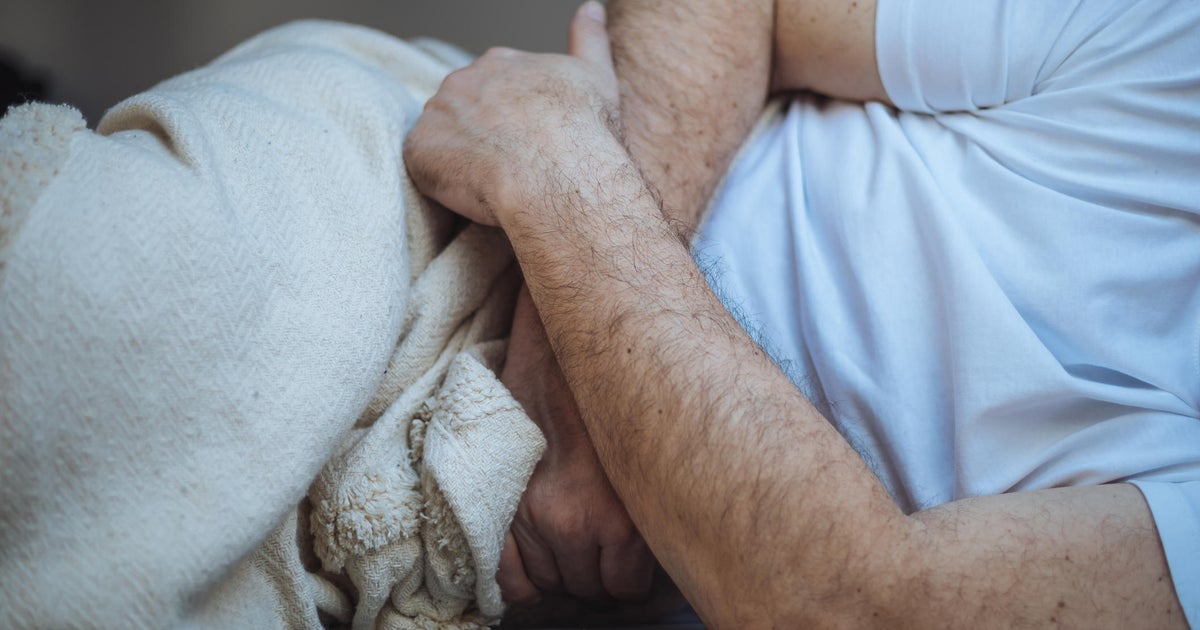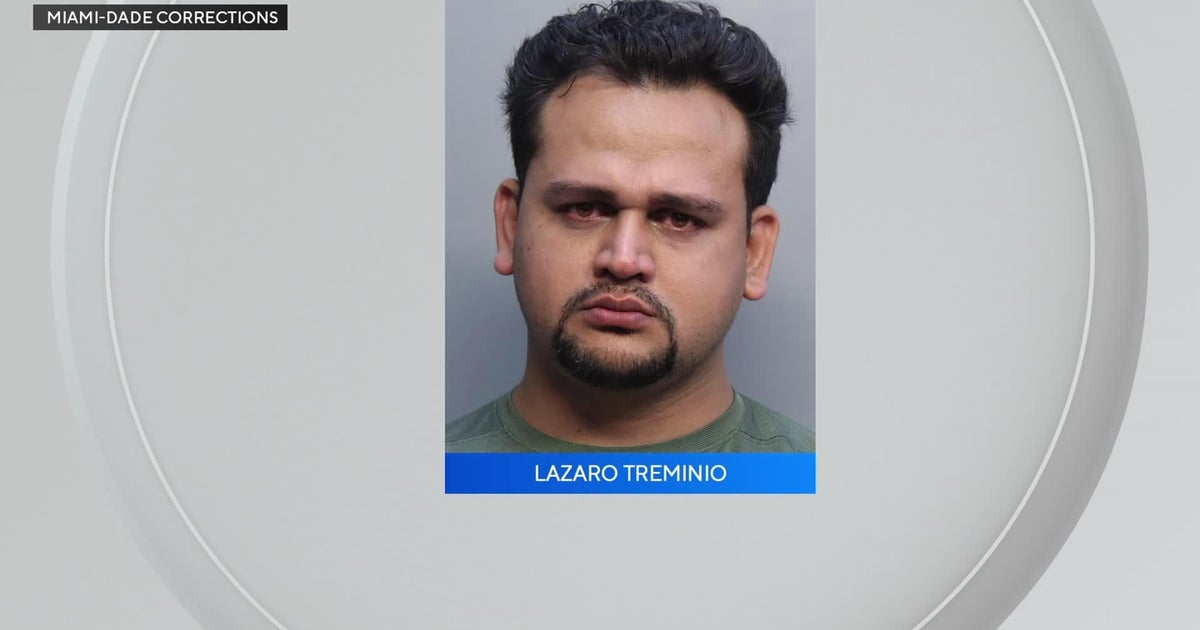Lolita's remains returned to Washington state where Lummi Nation will pay tribute to whale
SEATTLE -- The remains of Lolita, the beloved killer whale who died last month at the Miami Seaquairum, were returned Wednesday to Washington state where she will be mourned and honored according to tribal customs, officials said.
In a social media post, the Miami Seaquarium said the whale's remains were transported via a chartered flight and taken to Bellingham, Wash., which is about 90 miles from Seattle. KOMO News reported that the whale's ashes will be spread in Puget Sound during a private weekend ceremony.
"Lolita was delivered to the Lummi Nation tribe at the airport and taken to the reservation where she will be mourned according to the traditions of the tribe," the attraction said on X, formerly known as Twitter. "Lolita, the last surviving of the whales taken in the 70's from Puget Island, became the only one that returned home and will be honored by his family."
Lolita, the killer orca whale who has been in captivity for at least five decades, died in Miami on Aug. 19 as local officials were preparing to send her back to her home waters.
Seaquarium officials said Lolita, who was also known by her Native American name of Tokitae, or "Toki," had been showing "serious signs of discomfort" over the past two days before she died.
Officials said the whale died from what was believed to be a renal condition. The animal's death sparked an outpouring of protests and condolences.
She was believed to be at least 57 years old, making her the oldest killer whale living in captivity.
Lolita was captured on Aug. 8, 1970, in Penn Cove in the Puget Sound area in Seattle when she was about 4 years old. She was later sold to the Miami Seaquarium.
For years, animal rights groups had wanted Lolita moved to "a protected cove sea pen," where she could be transitioned to the ocean. And in late March, county officials announced a plan to release her from captivity.
According to the Seaquarium, the members of the Lummi Nation tribe were grateful to the Dolphin Company, which recently acquired the attraction, for allowing Lolita to return to her ancestral home to allow her ashes to be spread in the place where she was born.
"I gave my word to the world to bring her back home, since the day she died, just like I promised my daughter Regina to do all in my power to improve her habitat when she was alive," said Eduardo Albor, the company's CEO in the social media post. "Now, I am much honored to meet my word with my daughter and the rest of the world."




